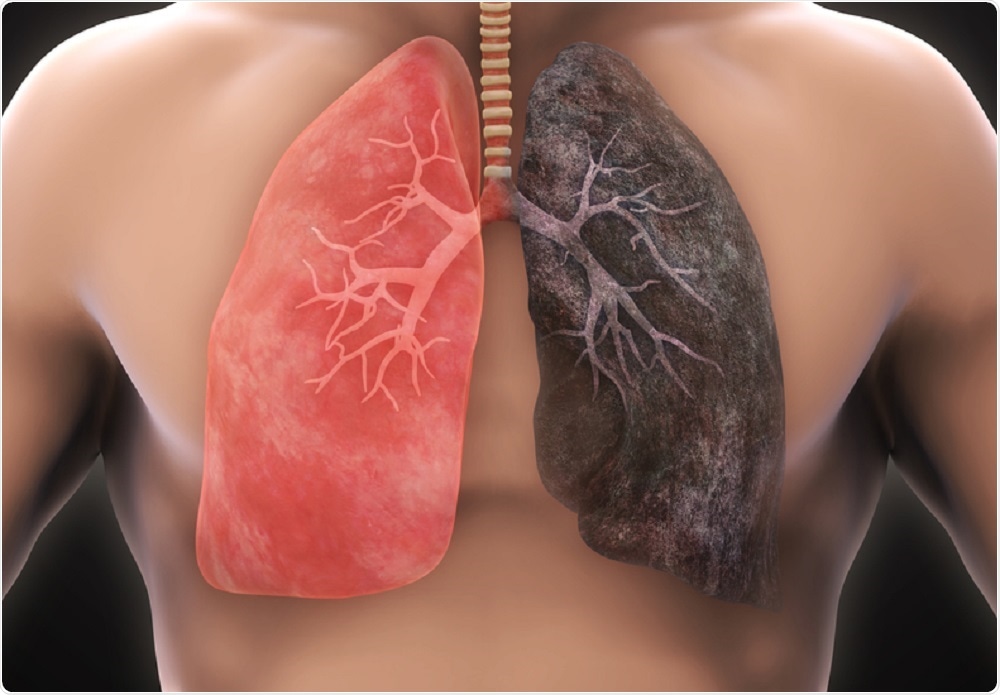Whilst it is widely accepted that smoking causes lung cancer, a lesser known fact is that ~6000 non-smokers die of lung cancer every year in the UK. One potential reason for this number is air pollution, according to a recent report by Public Health England (PHE). As these patients do not smoke, they are often overlooked when it comes to diagnosing lung cancer, and diagnosed late, with poor outcomes.
 Nerthuz | Shutterstock
Nerthuz | Shutterstock
Lung cancer remains the single greatest modifiable risk factor associated with smoking, being responsible for 86 out of 100 cases. However, more intensive research is urgently indicated to find other causes of lung cancer, such as pollution and second-hand smoking.
The problem, according to the Public Health England (PHE) paper, is that non-smokers (those who smoke less than 100 cigarettes in their lifetime) often do not consider themselves at risk of lung cancer. Thus even suspicious symptoms are ignored or explained away. This leads to an undue and often fatal delay in diagnosis, reducing the chances of a cure.
Lung cancers in non-smokers are typically Non-Small Cell Lung Cancer (a type of adenocarcinoma, which originates in the epithelial lining of the lungs), compared to small-cell squamous cell carcinomas which typically affect smokers, and are eight times more common than NSCLC.
In non-smokers, the genetic mutations causing the cancer are different, being more commonly associated with a build-up of mutations in the EGFR gene over a lifetime. Exposure to second-hand smoke increases one’s risk of lung cancer by a third.
The stigma of smoking has been the major factor behind the lack of interest in, knowledge of and research into lung cancer. Never-smokers who develop lung cancer are, as a result, disadvantaged. The scale of the challenge means there is a need to raise awareness with clinicians and policymakers of the other risk factors including indoor and outdoor air pollution.”
Paul Cosford, Lead Author
Risk factors for non-smoking associated lung cancers include:
- Second-hand smoke (15% cases)
- Exposure to occupational carcinogens (4% cases in females, 21% cases in males)
- Outdoor pollution (8% cases),
- Exposure to X-rays and radon (about 1.3% cases).
Many of these overlap with each other and with smoking, potentiating individual impacts.
Diesel exhaust fumes and pollution released by construction site equipment contains tiny particles that are dangerous to the lungs. Combined with radon exposure, this increases the risk of lung cancer dramatically.
The paper calls for measures to be adopted across the board to curb air pollution. These include prohibitions on idling motors on idle in the vicinity of school entrances, and encouraging carpooling by special lane allotments. Making the air cleaner is one important way to cut down the risk of lung cancer among never-smokers.
The paper was published on April 25, 2019, in the Journal of the Royal Society of Medicine.